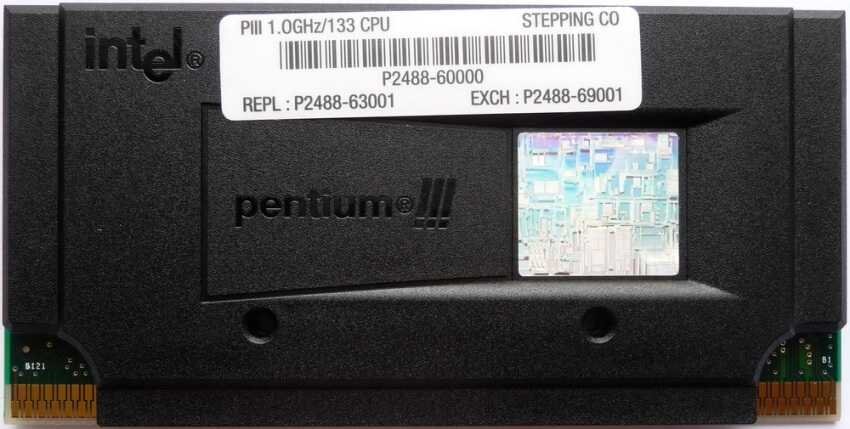Windows 7 and CPU: In August of 2000, almost 18 years ago, Intel unveiled its latest Pentium 4 processor. The Pentium 4 has many advantages over Pentium III.
The processor had a new set of multimedia instructions (called SSE2), which allow the chip to process the media in parallel, thus speeding up performance.
Adding support for Streaming SIMD Extensions 2 (SSE2) was a big deal at the time. It was a high-end feature released by 2000. Up to 2004 each mainstream processor supported this feature. Modern PCs still use technology but in a more sophisticated form since the latest version is SSE 4.2.
SSE2 support became a prerequisite for 2012 when Microsoft announced that it was one of the three compulsory CPU features required for its new operating system. Windows 10 has the same requirements.
But this happened six years ago, which is an eternity in the field of computing. The surprise (?) Came in the March we spent on Windows 7.
The issue started with the monthly 2018 security update for Windows 7 in March. The update KB4088875, includes the following warning in "Known Issues":
There is a crash on computers that do not support Streaming Single Instructions Multiple Data (SIMD) Extensions 2 (SSE2)
ή
A Stop error occurs on computers that do not support Streaming Single Instructions Multiple Data (SIMD) Extensions 2 (SSE2).
In the penultimate update (June of 2018), the text says:
"Upgrade your systems with a processor that supports SSE2 or virtualization of these machines."
ή
“Upgrade your machines with a processor that supports SSE2 or virtualize those machines.”
Is this a violation of Microsoft's commitment to support customers using Windows 7? The terms of Microsoft's Enterprise, Developer, and Desktop Operating Policy report this situation:
Microsoft is committed to providing products with improved security. Although we try to eliminate vulnerabilities during development, they remain and so we must be ready to respond when they are discovered. Microsoft advises customers to install the latest software versions, security updates and service packs to stay as secure as possible. […] Older products may not meet today's security requirements. Microsoft may not be able to provide security updates for older products.
That's exactly what happened here. With the March update, cumulative updates to Windows 7 could not be installed on a Pentium III-based system.
Microsoft has not revealed the reason for this incompatibility, but you do not have to imagine that the problem is most likely related to Spectre and Meltdown vulnerabilities that affect all Intel processors.
As can be seen the huge changes required by the patches of the kernel for the Meltdown/Spectre vulnerabilities were excessive for the Pentium III family. So the specific systems stopped being supported by Windows 7.
Is Microsoft responsible for supporting ancient processors? Or is it your responsibility to use 18 for a PC?
Πέρυσι, η Microsoft σταμάτησε την υποστήριξη για ενημερώσεις σε νέα έκδοση των Windows 10, σε έναν πολύ μικρό αριθμό υπολογιστών Windows 10 αλλά συμφώνησε να συνεχίσει να παρέχει ενημερώσεις ασφαλείας μέχρι το 2023. Η εταιρεία έδωσε παράταση στην παροχή ενημερώσεων ασφαλείας γιατί όλα τα περιστατικά αφορούσαν hardware which was almost new.
Asking for hardware support that is 18 is not the same. So if you're one of the very few who still use Pentium III, it's a good idea to remember the words of great George Burns:
I get up every morning and read the column of obituary. If my name is not there, I eat breakfast.
For those trying to extend the life of a 1990 computer, read the above obituary, leave breakfast and go shopping.
_________________________
- Window 7 Critical update that fixes critical information
- Windows 10: How to upgrade again for free
- Google Chrome Do You Know All Inside Hidden Functions?
- Windows Movie Maker: Add to Windows 10
- Windows Defender Disable Windows 10
- Try the Windows 3 Windows File Manager in Windows 10






Do we see another reason to start turning it slowly (or maybe faster) to Linux ???